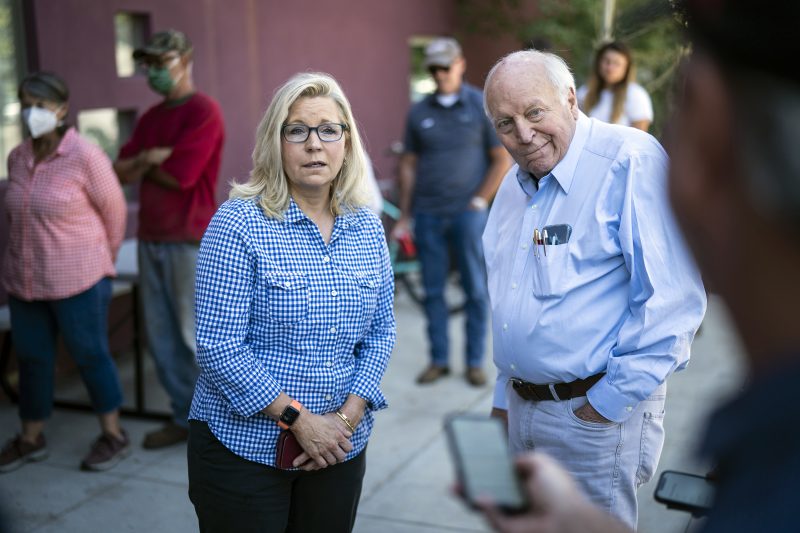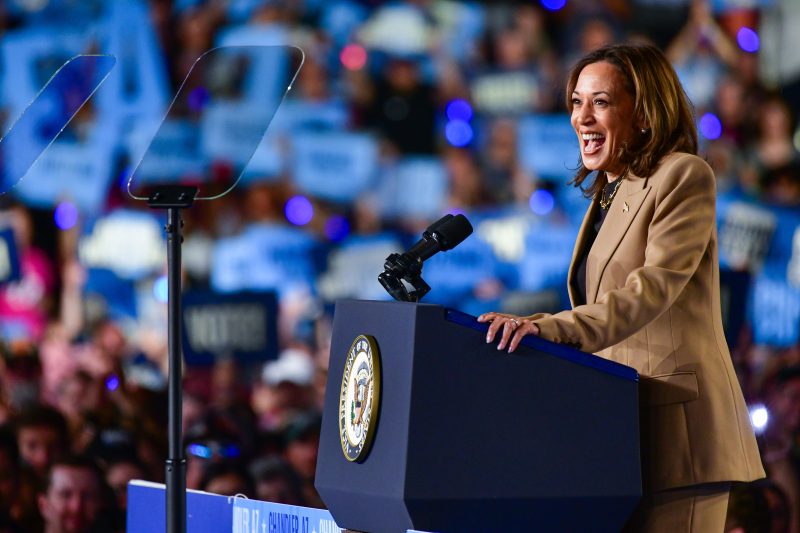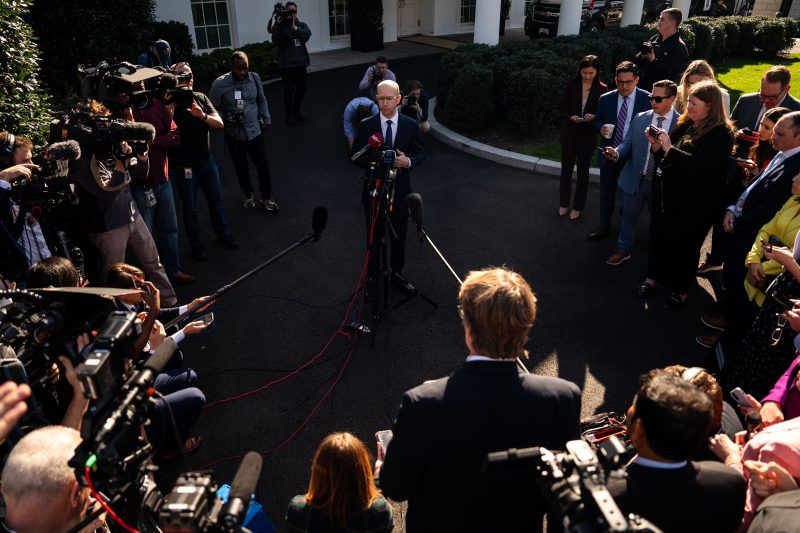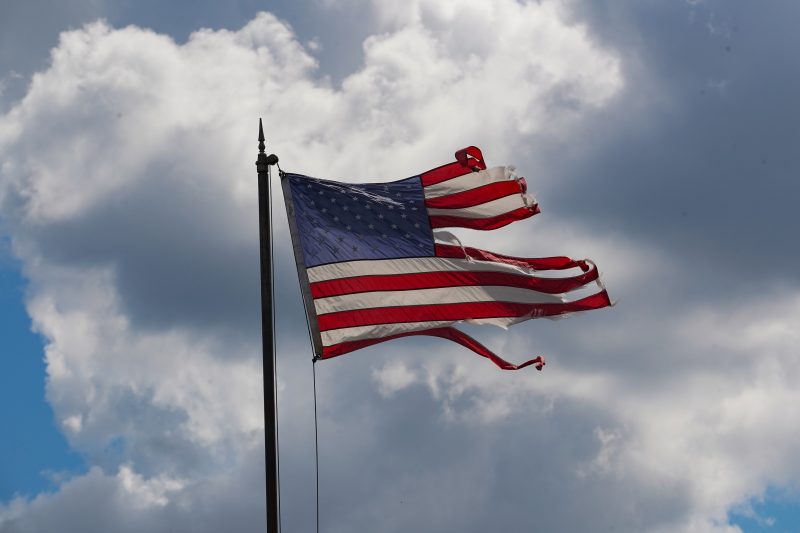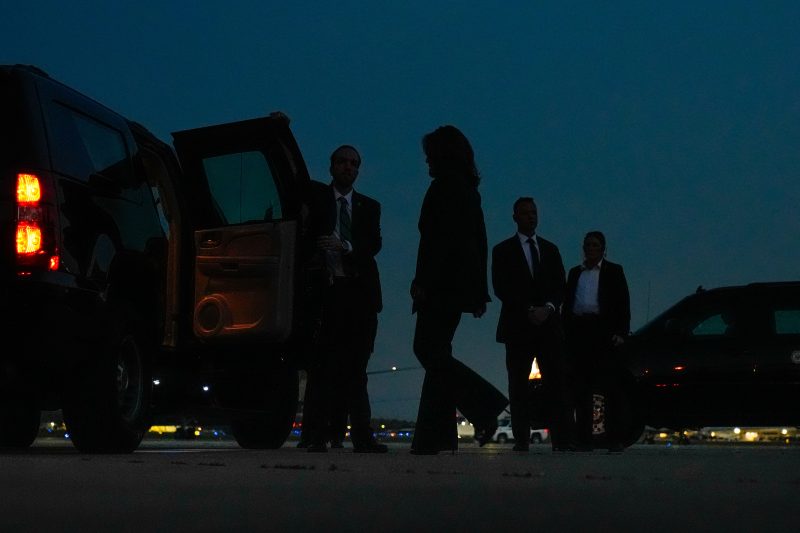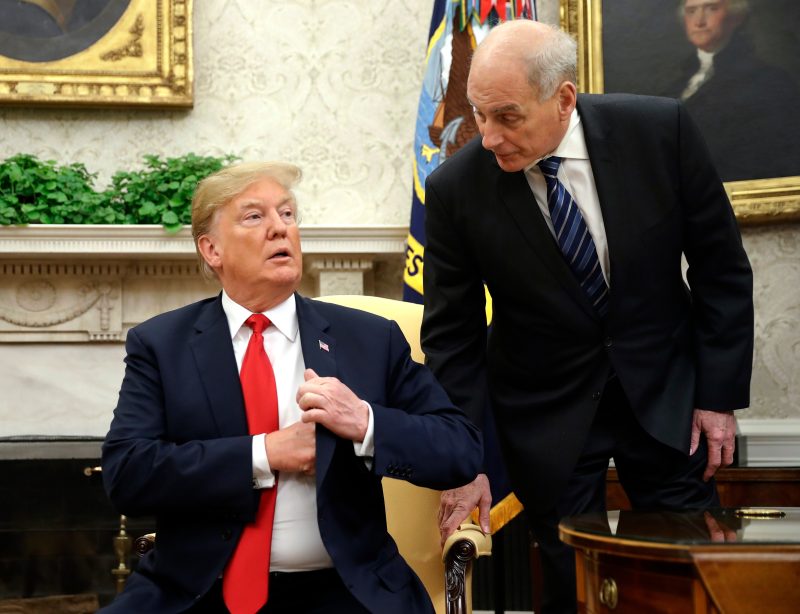As former congresswoman Liz Cheney repeatedly and publicly spoke out over the last year about the dangers of a potential return to the White House by former president Donald Trump, Jen O’Malley Dillon, chair of the then-Biden campaign, quietly reached out to her.
Over multiple phone calls, she conveyed to Cheney, a Wyoming Republican and staunch conservative, how much the Biden campaign appreciated her comments and tried to gauge whether she would be open to publicly supporting the Democratic nominee. Then Vice President Kamala Harris rose to the top of the ticket and the campaign leadership felt an endorsement was within reach, so Harris called Cheney herself.
That months-long outreach culminated in Cheney’s endorsement of Harris earlier this month, when the former congresswoman told an audience at Duke University that she was backing the vice president, despite being a conservative, “because of the danger that Donald Trump poses.” Cheney wanted to make the endorsement on her own terms, and shortly after, O’Malley Dillon put out a statement on behalf of the campaign thanking her.
And there was a bonus for the Harris team: Two days later, Cheney announced that her father, former vice president Dick Cheney, would also be voting for Harris.
Since Donald Trump first won the Republican nomination in 2016, scores of lifelong Republicans have criticized Trump, many choosing to vote for Democrats and others leaving the GOP altogether. As Trump makes his third run for the White House, the Harris campaign has ramped up its outreach to Republicans — from the rank and file to some of the party’s most recognizable figures — in an effort to win votes and bolster its message that Trump represents a unique danger to American democracy.
As polls show Harris and Trump remain in a tight race, the Harris campaign is hoping endorsements from former Republican luminaries will help win over Republican-leaning and independent voters who are deeply opposed to Trump but are struggling with the idea of voting for a Democrat in general or Harris specifically.
Candidates often covet endorsements from the opposing party, as it allows them to expand their appeal to a wider audience. But in the Trump era, many high-profile Republicans are particularly opposed to their nominee, and the Harris campaign hopes their approval could give make it more palatable for ordinary Republicans to break ranks.
Still, given Trump’s dominance of the GOP, it is not clear whether there are enough wavering Republicans to affect the race — and Trump, in private fundraisers, has dismissed the notion that Republican voters would support Harris, telling donors he is not worried about it.
“Nobody cares what these disgruntled and deranged people have to say,” Karoline Leavitt, a spokeswoman for Trump’s campaign, said in a statement. “President Trump is overwhelmingly supported by the majority of Republicans and polling better than he ever did in 2016 and 2020. That’s because rational Americans who aren’t blinded by Trump derangement syndrome realize our country was much better off under his leadership.”
But Harris’s aides believe that it is worth a methodical effort to court Republicans in a race that could turn on a few thousands votes in key states.
O’Malley Dillon has worked to cultivate relationships with Republicans like former congressman Adam Kinzinger (R-Ill.), a vocal Trump critic who has endorsed Harris. The Harris campaign has hired Austin Weatherford, Kinzinger’s former chief of staff, as its national director for Republican engagement, tasked with coordinating outreach and engagement with conservatives.
“The Harris-Walz campaign has been putting Republicans front and center in our GOP outreach to explain, in their own words, why they are putting country first and supporting Vice President Harris,” Weatherford said in a statement. “Those Republican voices are critical to create a permission structure that allows conservative-leaning voters to feel more comfortable voting for a Democrat for president.”
Maria Comella, a top aide to former New Jersey governor Chris Christie, recently signed a contract to work on the Harris campaign, helping make its case to Republican voters as well as moderate and independent women, according to two people familiar with the arrangement. Comella, who has worked for a number of Republican officials, also served a stint as chief of staff to then-New York Gov. Andrew M. Cuomo, a Democrat.
The behind-the-scenes work has begun to show some results beyond the Cheneys. Alberto Gonzales, who served as attorney general in the administration of George W. Bush, wrote in Politico on Sept. 12 that he is voting for Harris. On Sept. 18, more than 100 former national security officials from Republican administrations signed a letter endorsing Harris and declaring Trump “unfit to serve.”
The Harris campaign has also initiated outreach to Christie, who ran against Trump in the 2024 Republican primary, although he is not expected to endorse Harris, according to a person who has talked with him speaking on the condition of anonymity to discuss a private conversation. Sen. Mitt Romney (R-Utah) is another top target of the Harris campaign, but the senator has not engaged with the campaign and has resisted subtle pressure from Republican officials associated with Harris’s operation who want him to officially back her.
People familiar with Romney’s thinking say he has expressed concern that public embrace of Harris would imperil his ability to influence the direction of a post-Trump Republican Party. Romney, who has frequently criticized Trump, has also expressed concerns about endangering the safety of his family if Trump is elected again, a fear also voiced by others who have spoken out against the former president.
The work has expanded outside the Harris campaign apparatus. Even before President Joe Biden dropped out of the race, prominent anti-Trump Republicans — including Sarah Longwell, Bill Kristol and Tim Miller of the Bulwark, a center-right online publication that opposes Trump — sent the Democratic campaign the names of prominent Republicans who they thought could be persuaded to endorse the Democrat.
Miller, a former Republican strategist, described his role as “outside cajoler,” as he has badgered the Harris campaign to ratchet up its efforts to pitch prominent Republicans on publicly supporting the vice president. He said that when he recently bumped into Mitch Landrieu, a co-chair of Harris’s campaign, at the Kingpin, a bar in New Orleans, where they both live, he cornered him and made his case.
“Any Democrat who will talk to me, I will tell them, ‘Please reach out and nudge, cajole, these prominent Republicans,’” Miller said.
Miller said his dream endorsements would be former high-ranking Trump administration officials who have already publicly criticized the former president, including John F. Kelly, Trump’s former chief of staff, and Jim Mattis, his secretary of defense. Given their experience working directly for Trump, Miller said, they have the greatest responsibility to warn others and their words would have the greatest impact.
Some of the endorsements have been organic, without prompting from the Harris campaign.
Jimmy McCain, the son of former senator John McCain (R-Ariz.), reached out to Harris campaign contacts in Arizona, saying he was disturbed by an incident in August at Arlington National Cemetery, when Trump campaign workers confronted an employee who was trying to enforce federal regulations barring partisan political activity at the cemetery.
McCain, who has served nearly two decades in the military, told CNN the Trump campaign’s behavior was a “violation” and “just blows me away.” After he connected with the Harris campaign, McCain spoke with Minnesota Gov. Tim Walz, Harris’s running mate, and then went public with his endorsement.
Cheney has said her endorsement of Harris stems from a desire to do everything possible to defeat Trump. It is not enough, she has said, to write in another Republican who may be more palatable but is not on the ballot.
“I think this is going to be an incredibly — potentially incredibly — close race,” Cheney said last week at the Cap Times Ideas Fest in Madison, Wis. “I hope it’s not, but it could be. And so it really, really matters if you really believe — as I do — that Donald Trump is too dangerous to ever again be near the Oval Office, then I think it’s incumbent upon us to go the extra step and actually cast a vote for Vice President Harris.”
At the Democratic National Convention last month, the Harris campaign featured a number of Republicans on the main stage, including Kinzinger; Stephanie Grisham, a former press secretary in the Trump White House and top aide to first lady Melania Trump; and Olivia Troye, a former national security aide for Trump.
Troye said in an interview that when prominent conservatives endorse Harris, it creates a “permission structure” for rank-and-file Republicans to join the effort.
“People take a pause and look and say, ‘What is happening here, with all these different leaders and former administration people across all Republican administrations coming forward, and their voices being added to the chorus of why we will not support Trump?’” she said. “I think that’s helping at the ground level because what we’ve been trying to do is have these people lean on each other, because MAGA is a very hateful bullying movement, and so I think there is power in almost like safety in numbers.”
Josh Dawsey, Michael Scherer and Jacqueline Alemany contributed to this report.

